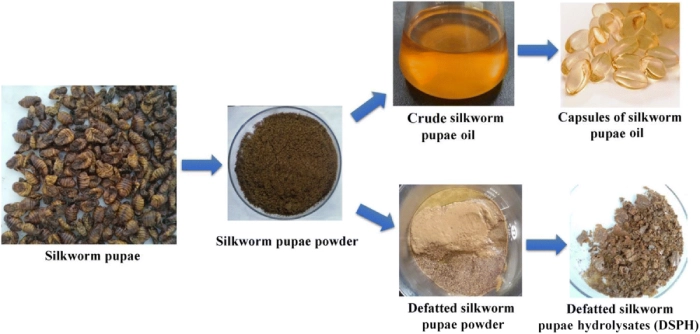Kellogg’ s has officially separated its snacks and cereals businesses, forming two distinct companies. The new snack division, named Kellanova, will focus on the rapidly growing global snack market, including popular brands like Pringles, Cheez-It, and Pop-Tarts. Meanwhile, the cereals business, now known as WK Kellogg Co, will continue to target the North American cereal market, with well-known brands such as Corn Flakes and Frosted Flakes.
Why the Snacks Market Is So Important for Kellogg’ s Growth?
This strategic split enables each company to focus on its core strengths. Kellanova is poised to capitalize on the booming snack market, which is growing at a compound annual growth rate (CAGR) of 5.5%, largely driven by consumer demand for convenient, healthier options. This includes categories like gluten-free snacks, vegan snacks, and innovative products inspired by international flavors such as Japanese snacks and Asian snacks.
The move allows Kellanova to invest more resources into expanding its global footprint in the snack market, which is seeing explosive growth. Consumers are increasingly looking for more convenient, on-the-go snack that fit their dietary preferences, like vegan and gluten-free snacks. Brands such as Pringles and Cheez-It are already global favorites, but there’s growing interest in innovative flavors and textures, especially influenced by Japanese and Asian snacks.
What Sets Kellanova Apart in the Snack Industry?
Kellanova is well-positioned to take advantage of the changing snack landscape, especially with consumers demanding unique and healthier options. The global snack industry is not just about indulgence anymore—there’s increasing demand for the functional snack, healthier alternatives, and dietary-specific products. How can Kellanova differentiate itself in the competitive market? By focusing on product innovation and expanding into trending categories like gluten-free and vegan snacks, Kellanova can meet the evolving tastes of health-conscious consumers.
The rise of Japanese snacks and other Asian products in global markets further presents opportunities for Kellanova to develop products that resonate with the trend toward international flavors.
The Financial Impact of the Split: Snack Outpacing Cereals
In 2023, Kellogg’ s reported $15.7 billion in revenue, with the snack division contributing more than 60% of that figure. This split allows Kellanova to continue driving growth in the snack sector, where demand is outpacing the slower-growing cereal market. Meanwhile, WK Kellogg Co faces challenges such as declining cereal consumption and increased competition from healthier breakfast alternatives.
How does Kellanova plan to stay ahead of the competition? By focusing on innovation and tapping into consumer trends such as gluten-free and vegan snacks, Kellanova is well-positioned to outperform other snack brands like Mondelez and PepsiCo’s Frito-Lay.
The Role of International Flavors in the Snack Market
The global demand for Japanese snacks and Asian snacks has grown significantly, with consumers seeking out unique, bold flavors and healthier alternatives. As Kellanova expands its product line, there’ s a clear opportunity to tap into these international trends. Offering products with flavors and textures inspired by Japanese and Asian products could attract a broader, global audience.
Popular items such as gluten-free snacks and vegan snacks are also becoming essential for brands aiming to cater to health-conscious consumers, and Kellanova’ s product line could see expansion in these categories.
What’ s Next for WK Kellogg Co?
While Kellanova is set to dominate the snack sector, WK Kellogg Co will continue focusing on the cereal market in North America. The company will need to innovate to keep up with shifting consumer preferences, as more people turn to gluten-free and vegan options even for breakfast.
Conclusion
Kellogg’s split into Kellanova and WK Kellogg Co represents a strategic move to unlock the full potential of the fast-growing snack market. With Kellanova set to focus on expanding globally and offering more diverse options like gluten-free, vegan, and Japanese snacks, the future looks promising for the company. Meanwhile, WK Kellogg Co will face challenges in the cereal market but can still leverage its iconic brands to retain market share.
This separation allows both companies to sharpen their focus, with Kellanova likely to become a dominant player in the global snack industry.
We will continue to update you with the latest industry news, so stay tuned!



